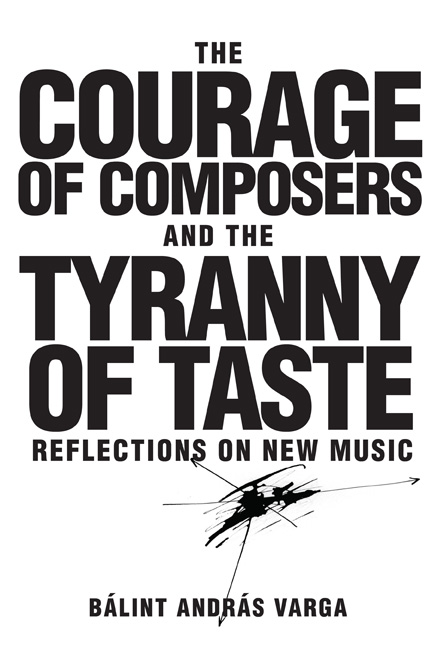16 - Giya Kancheli (b. 1935)
Published online by Cambridge University Press: 22 May 2021
Summary
My go-between for composers published by Sikorski in Hamburg has been its selfless and helpful director, Hans Ulrich Duffek. He was kind enough to establish contact on my behalf with the Georgian composer Giya Kancheli as well as with Sofia Gubaidulina, gently reminding them once in a while of my request for a contribution to this book.
Kancheli was particularly hesitant about whether he was up to bringing pen to paper: he was ill and had just completed a new orchestral work that had exhausted him.
The short text he did eventually send me is moving in its simplicity and humility. At the end of one's life one realizes one knows little in comparison with the masters of the past—but one goes on writing music nevertheless, with this nagging question in one's mind: am I any good? I find something oriental in this attitude: the master, pen in hand, crouching over a sheet of paper, bowing his head in honor of his predecessors.
May 2015
I have recently completed a work and have called it Nu.Mu.Zu. In the language of the ancient Sumerians, the three words mean “I do not know.” And indeed, the longer I live (I shall turn eighty this year), the more frequently I am confronted with questions to which I do not know the answers. For instance, I do not know how a normal human being who has heard Bach's B-minor Mass, Mozart's Requiem, or Stravinsky's Le Sacre du printemps can muster the courage to compose music. Nu.Mu.Zu (that is, I do not know).
- Type
- Chapter
- Information
- The Courage of Composers and the Tyranny of TasteReflections on New Music, pp. 96 - 97Publisher: Boydell & BrewerPrint publication year: 2017



